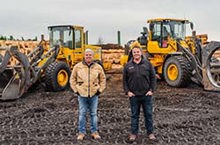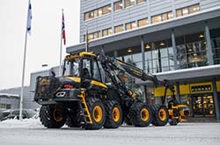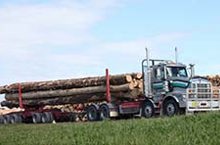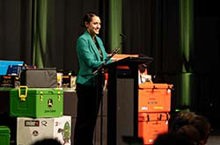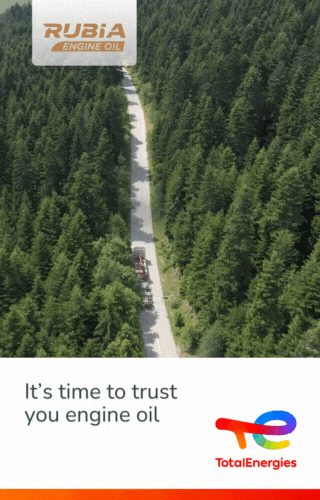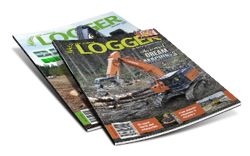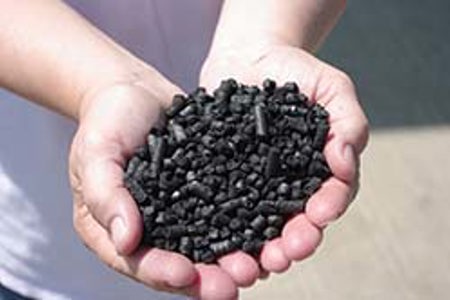
In the aftermath of Cyclone Gabrielle and in areas affected by wildfires, the opportunity for biochar to be made from problematic organic resource streams has become increasingly obvious, says Warrick Isaachsen, Chair of Biochar Network New Zealand.
In Canterbury, the Biochar Network has facilitated a workshop in collaboration with Pukaki Forestry to present the basics of biochar production and its applications,. The project aims to demonstrate alternative methods to manage residues from wilding pine control and eradication.
Further north in the Hutt Valley, Biochar Network member, The Good Carbon Farm, was recently awarded a grant from Upper Hutt City Council to convert forestry slash into biochar for use in local community gardens.
These projects are part of a Carbon Rescue initiative on how to create value from biomass through the creation of biochar, with public funding for the initiative pending. (Biochar being the charcoal-like substance made by burning organic material from agricultural and forestry wastes.)
“With large volumes of biomass residues readily available to be converted to biochar, New Zealand is in a good position to develop innovative ways to get best value from biochar,” says Mr Isaachsen.
The recent Ministerial inquiry into forestry slash and woody debris made multiple mentions of the potential of this harmful waste stream to be converted to biochar and used to remediate damaged land.
“Internationally, biochar-related carbon credits are traded on the multi-billion dollar voluntary carbon market. We welcome a review of the Emissions Trading Scheme to open the door for alternative, long-term carbon sequestering methods, such as biochar. By valuing the carbon sequestration of biochar, New Zealand can help provide the right market signals for forestry managers and owners to convert forestry residues into more valuable resources, even on challenging sites,” adds Mr Isaachsen.
As well as enjoying international recognition as one of few negative emissions technologies readily available to reverse climate change, biochar increases yield from plants, improves soil and water quality, and reduces fertiliser and irrigation dependency.

